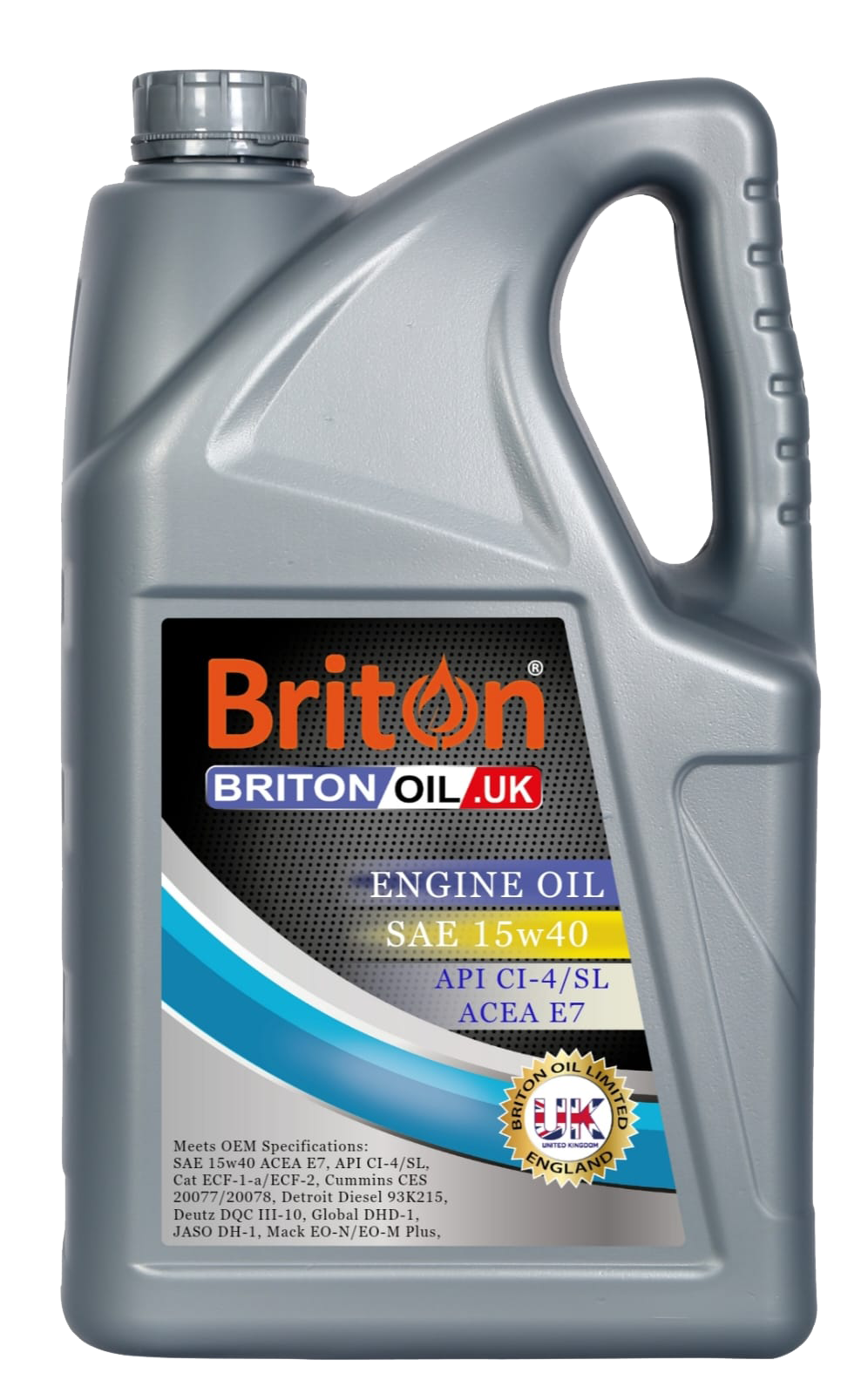Ethylene-Propylene Copolymer
Ethylene-Propylene Copolymer is a versatile elastomer with excellent weather, ozone, and heat resistance. It is widely used in gaskets, hoses, and insulation.

Viscosity Index Improver
Ethylene-Propylene Copolymer
Ethylene-Propylene Copolymer is a durable synthetic rubber known for its flexibility, strength, and resistance to heat, ozone, and environmental exposure. It is widely used in industrial, automotive, and construction applications. Common uses include gaskets, insulation, and hoses, where long-lasting performance and mechanical resilience are essential requirements.
Packaging Size
1L
4L
5L
20L
205L
Description
Ethylene-Propylene Copolymer (EPC), a synthetic rubber derived from the copolymerization of ethylene and propylene, is widely used as a viscosity index improver (VII) in lubricating oils. This material is designed to enhance the viscosity-temperature characteristics of oils, ensuring better lubrication and extended engine life, especially under varied temperature conditions.
Key Properties and Benefits of Ethylene-Propylene Copolymer (EPC):
Viscosity Index Improver:
EPC plays a crucial role in maintaining a stable viscosity of lubricating oils across a broad temperature range. This leads to consistent lubrication, improved engine performance, and protection against wear, even in extreme temperatures.High-Temperature Stability:
EPC is known for its excellent thermal stability, allowing lubricating oils to perform efficiently at high temperatures. This prevents oil thinning, ensuring the oil retains its protective properties even in heat-intensive applications.Oxidation Resistance:
With its resistance to oxidation, EPC helps to prevent the breakdown of the oil, thereby extending the oil’s service life and improving engine protection by reducing the risk of sludge formation and deposit build-up.Low Volatility:
EPC has low volatility, meaning it does not evaporate easily at high temperatures. This reduces oil consumption, helps maintain stable oil levels, and minimizes the formation of harmful deposits in the engine.Good Compatibility:
EPC is highly compatible with other additives commonly used in lubricating oils, such as detergents, dispersants, anti-wear agents, and anti-foaming agents. This flexibility allows manufacturers to design oils with specific performance characteristics to meet demanding industry standards.
Applications of Ethylene-Propylene Copolymer (EPC):
EPC is primarily used in high and medium-quality multi-grade engine oils, and its benefits extend across various other lubricating applications, including:
- Automotive Engine Oils: EPC improves the performance of both gasoline and diesel engine oils, providing protection across a wide temperature range and under various operating conditions.
- Transmission Fluids: It enhances the viscosity stability of automatic transmission fluids, improving their efficiency and extending transmission lifespan.
- Industrial Gear Oils: EPC is used in gear oils to enhance shear stability and provide effective lubrication at both low and high temperatures, reducing wear and tear on gears and machinery.
Performance Characteristics:
Shear Stability:
EPC exhibits outstanding shear stability, which means it can maintain its viscosity under high shear conditions such as those encountered in engine and gearbox applications. This ensures that the lubricant continues to provide effective protection even under mechanical stress.Thermal Stability:
EPC’s high thermal stability allows it to withstand high temperatures without degrading, making it ideal for use in engine oils exposed to extreme operating conditions.Oxidation Resistance:
EPC improves the oxidation resistance of lubricants, ensuring oils remain stable and perform effectively for longer periods, thereby enhancing the overall longevity of the engine or machinery.
Considerations When Using Ethylene-Propylene Copolymer (EPC):
Dosage:
The appropriate dosage of EPC depends on the base oil type, specific performance requirements, and the desired viscosity index improvement. It’s essential to adjust the concentration based on the specific application to achieve optimal results.Compatibility:
When formulating lubricating oils, ensure that EPC is compatible with other additives and base oils. Incompatibility may lead to performance issues or stability problems.Regulatory Compliance:
Always ensure that the EPC used complies with relevant industry standards and regulations for lubricant formulations in your region or sector.
